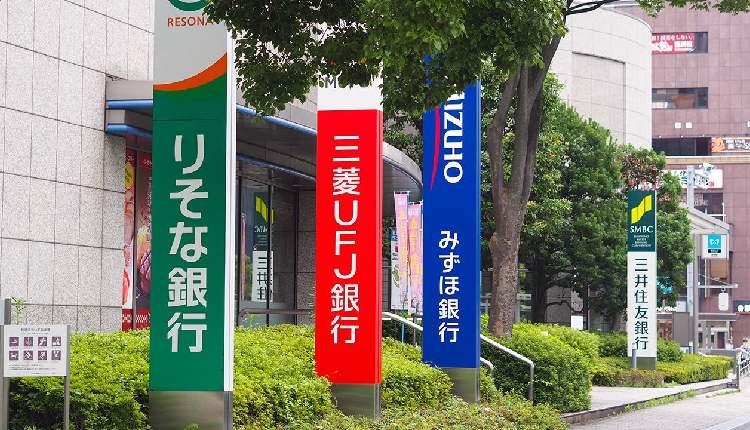Japanese banks are set to generate substantial profits in yen from interest on their deposits with the Bank of Japan (BOJ) following the elimination of negative rates, Bloomberg reported.
Leading banks, such as Mitsubishi UFJ Financial Group Inc. and other major lenders, currently hold reserves totalling 106.7 trillion yen ($712 billion), which presently accrue no interest, as per BOJ data. Additionally, they have 79.4 trillion yen deposited, earning a 0.1 per cent interest rate.
The BOJ announced the cessation of its negative interest rate policy on Tuesday, declaring a 0.1 per cent interest rate on current account balances, excluding mandatory reserves. This new rate will come into effect from March 21, as stated by the central bank.
If applied to current reserves, major banks stand to earn approximately 100 billion yen in extra interest annually, according to calculations by Bloomberg.
Several banks have disclosed intentions to increase rates for retail depositors. In response to the BOJ’s decision, Masahiro Kihara, CEO of Mizuho Financial Group Inc., stated that the third-largest bank in Japan will raise interest rates for savers to encourage deposits as a funding source. However, Kihara did not specify the new rate Mizuho will offer savers.
Currently, the bank provides a 0.001 per cent interest rate on standard deposits. Before the BOJ introduced negative interest rates in 2016, banks typically offered a 0.02 per cent interest rate.
While banks now have the opportunity to earn interest, they are expected to allocate funds where returns are more favourable.
As yields increase, they are likely to redirect their current account balances at the BOJ to government bonds, according to Hideyasu Ban, a senior analyst at Bloomberg Intelligence.
Ban stated in a report, “Banks with a higher concentration in domestic interest-earning assets and/or cash held at the BOJ will experience greater sensitivity to domestic rate increases.”
Following the BOJ’s decision, the Topix Banks Index traded approximately 0.2 per cent lower.


